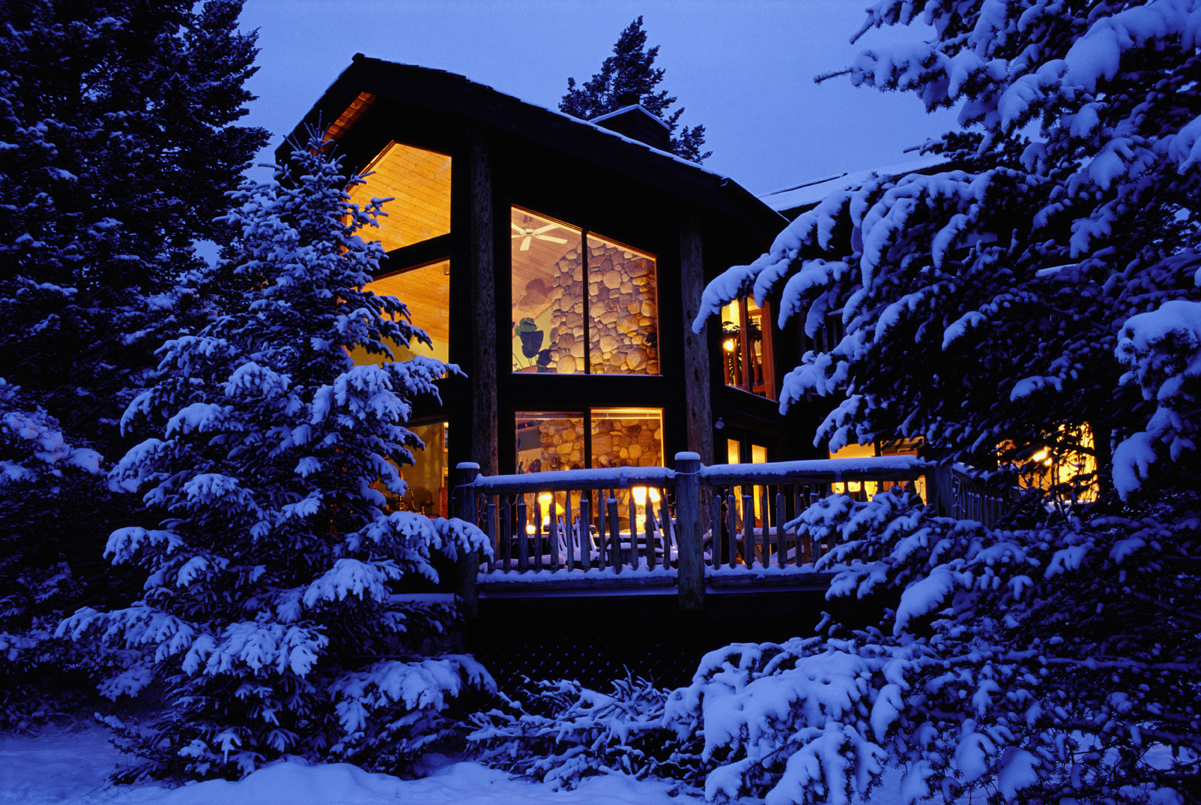Last week we shared tips for preventive home maintenance to help you and your home fare better through the winter months. This week we want to take this topic a bit further by focusing on disaster preparedness. No one wants to think about disasters, but being organized can help bring you and your family a peace of mind. Here are some tips for preparing for events, such as major winter storms, natural disasters, and evacuations. In the coming weeks, we will have more on how to stock an emergency kit and manage property damage.
Power Outages
Power outages are relatively common during large weather-related events; however, losing power for a few days can be highly inconvenient – and even dangerous. If you aren’t in immediate danger, you will want to make sure you are prepared with some basic necessities to survive the cold, darkness, and boredom that can accompany days without electronic stimulants.
· Keep a supply of flashlights and batteries on hand. These items easily find their way to the back of drawers, or misplaced in rooms. Make sure they are easy to find in absolute darkness. Keep flashlights in your bed side table and use a magnet to secure a flashlight to your fridge. Keep plenty of batteries on hand; in the case of an emergency, batteries can be very difficult to find.
· Don’t rely on candles. Candles are dangerous if you have pets or small children, and they can also cause a fire if not properly attended.
· Have a crank or battery powered AM/FM radio available so you can keep up on the news.
· Use your cell phone sparingly or use a charger with an alternative energy source to make sure your phone is fully changed during an emergency situation.
· When preparing for the winter season, make sure you stock up on food that is easy to eat without the help of a microwave or stove.
· Keep your refrigerator cold. The more often you open the fridge, the more quickly the temperature will rise and your food will spoil. Here is a useful guide for how long food will last after an outage.
· If you have small children, keep a stock of activities to entertain them without the aid of electricity.
· You may be able to use a BBQ if the weather is permitting or if you have a covered patio. It is very important to remember to never bring your BBQ inside for food consumption or heat. Using a BBQ or generator inside can lead to carbon monoxide poisoning.
Natural Disasters
In the instance of a natural disaster, such as a tsunami or earth quake, turn off your water heater and gas tanks. Gas leaks can be very dangerous, so if you smell gas or hear a blowing or hissing noise, you will want to leave the premises immediately and call your gas provider. If you are concerned for your family’s safety in your home, follow an evacuation plan (see “Evacuations” below).
If you are preparing for a major wind storm or hurricane/tornado, you may actually have some forewarning. In that instance, here are some helpful tips:
· Secure furniture to walls. If you live in earthquake prone territories (or have small children), securing tall bookshelves to your wall is a must. This will reduce damage and decrease the odds that someone will get injured.
· Bring outdoor items inside, including your patio furniture, pots, barbeques, etc. These items could get lost or cause greater damage to your property.
· In high wind situations, use storm shutters or board up your windows to prevent trees or other objects from causing damage.
· Fill your bathtub with clean water. In the event that water is shut off, this will be valuable for flushing the toilet and personal hygiene.
· If you have a fireplace or a wood burning stove, stock up on firewood to ensure your home stays warm.
Evacuations
During a weather-related emergency, your first priority is usually to stay in the safety of your own home. But sometimes this is not possible. With the help of your family, it’s a good idea to make an evacuation plan. Here are some possible issues to consider:
· Come up with a plan. If something should happen, it is best that everyone knows what the drill is ahead of time. Have a plan about where the family meets, a backup place to stay, and if you have family pets, how they will be evacuated, as well.
· A designated place to meet if your family cannot evacuate together.
· Designate a spot in your house and store all important documentation together, so someone can grab copies of birth certificates, home inventory, insurance documents, etc.
· Create a list of other important items you would like to take in case of an emergency, such as family heirlooms, a toy, a laptop, etc. Each person should know what those special items are, and be able to grab them quickly.
· And don’t forget to practice your plan together as a family.
In the coming weeks, watch for our blog on how to properly stock and store an emergency kit, as well as manage property damage.
 Facebook
Facebook
 X
X
 Pinterest
Pinterest
 Copy Link
Copy Link



